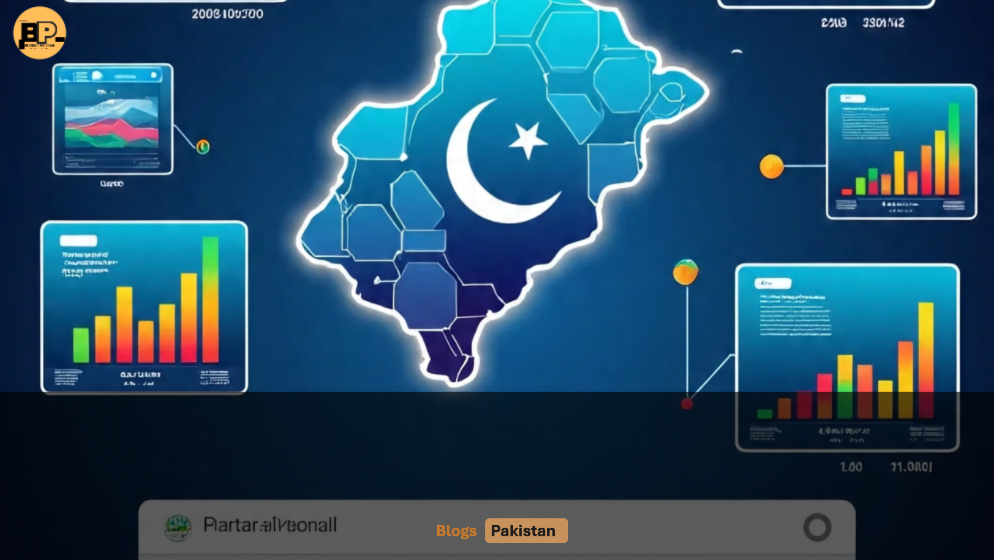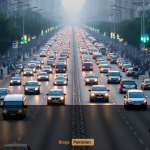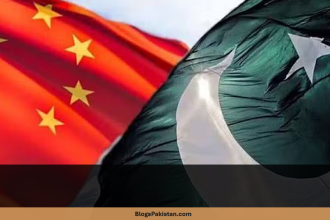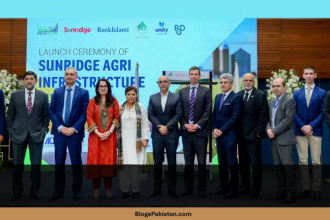ISLAMABAD Data Portal— You know something big is happening when politicians start using phrases like “cloud computing” and “geotagged households” without breaking a sweat. Welcome to Pakistan’s latest digital leap: the launch of the National Big Data Portal — a project that’s as ambitious as it sounds and twice as nerdy (in a good way).
Inaugurated by Federal Minister Ahsan Iqbal, this isn’t just a government website with a fancy interface. It’s a digital goldmine. Think of it as the Google of Pakistani public Data Portal, only with more accountability and less cat videos.
Let’s explore why this matters — especially for researchers, startups, policy wonks, and that one uncle who still thinks Excel is cutting-edge tech.
The Birth of the National Big Data Portal
What is it, really?
At its core, the National Big Data Portal (NBDP) is a centralized, cloud-powered platform that gives access to a vast treasure trove of public datasets — economic data, census numbers, demographic trends, and much more. Developed by LUMS (Lahore University of Management Sciences) in collaboration with the Pakistan Bureau of Statistics (PBS), it aims to democratize data and put it into the hands of those who can actually use it — from data scientists and developers to civil society and students.
Why Now?
Because, let’s face it: Pakistan has always had data, but finding it was like searching for a clean Karachi beach — technically possible, but wildly improbable. Most government Data Portal has either been siloed in dusty cabinets or scattered across outdated websites. This portal consolidates everything and puts it online, searchable, and useful.
Not Just a Portal — A National Statement
Minister Ahsan Iqbal didn’t mince words. “Our development story will now be written in code, computed in the cloud, and interpreted through data,” he announced at the launch event. We’re guessing that’s the most poetic thing anyone’s ever said about statistics in Pakistan.
This move is part of Pakistan’s 5Es Framework — a strategic plan that includes Economic Growth, Energy, Environment, Exports, and of course, E-Governance. The portal is central to the last “E,” representing Pakistan’s pivot toward smarter governance.
What’s In the Portal?
Imagine a buffet, but instead of biryani and kebabs, you get:
- 40 million+ household records (geo-tagged!)
- 8 million+ economic entities
- Data from regional PBS offices and GIS labs
- Real-time dashboards and visualizations
- Open-access APIs for developers
Researchers can use this to model economic growth. Entrepreneurs can use it to spot market trends. City planners can use it to plan traffic routes. Basically, if you’re a nerd — this is Disneyland.
Bridging the Gaps (Not Just Internet Ones)
The portal also tackles some serious issues that have long haunted Pakistan’s Data Portal landscape:
- Fragmented systems (data hiding in silos)
- Lack of analytical skills (too much Excel, not enough Python)
- Weak coordination between institutions
The idea is not just to look back at what happened, but to predict what could happen — with data-driven decisions that actually work. Imagine that!
Big Data = Big Benefits
1. Governance Gets Smarter
Think fewer surprises in budget reports and more proactive policy decisions. If used correctly, the NBDP could help governments respond faster to crises — like flood prediction in Sindh or food shortages in Punjab.
2. Public Services Get Sharper
Want to know where to build the next hospital? Or what areas need better internet? This portal can tell you — with maps, charts, and fancy graphs that don’t require a PhD to understand.
3. Education & Healthcare Go Digital
Data science isn’t just for engineers anymore. Minister Iqbal stressed the need for cloud computing and data analytics across all disciplines — from agriculture in Sindh to urban planning in Lahore.
4. Climate and Crisis Response
With the country facing extreme weather patterns, the NBDP could help monitor climate change, predict water stress in Balochistan, or assess the impact of urbanization in Islamabad.
Quantum Valley Pakistan: Wait, What?
Just when you thought the portal was the grand finale, enter Quantum Valley Pakistan — a national innovation hub proposed to unify research efforts in AI, robotics, cloud computing, and cybersecurity.
This will include:
- Data Portal Tech parks
- Public-private research centers
- Collaboration with companies like Microsoft, Google, and Huawei
In short: It’s Pakistan’s version of Silicon Valley — minus the expensive coffee and self-driving Teslas (for now).
Academia’s Role: More Than Just Chalk and Talk
The Minister urged universities to stop treating tech like an extracurricular and instead infuse data science into every subject. That means agricultural grads using predictive models for crop yields, or urban planners using GIS to manage Lahore’s chaotic traffic.
If students can stream 4 seasons of a Turkish drama in one night, they can definitely handle a bit of Python, right?
So, What Does This Mean for You?
For Students:
- Open data for projects, research, and the occasional startup idea.
- Free tools to impress professors or win hackathons.
For Policymakers:
- Insight-based governance with fewer spreadsheets and more dashboards.
For Entrepreneurs:
- Understand your audience better with demographic and economic insights.
- Design services that people actually need — based on real data.
For the Curious Citizen:
- Wondering how your city is doing in education or health? Just log in and explore.
Final Data Portal : Less Buzz, More Brains
This isn’t just about launching a new website. It’s about building a data culture in Pakistan — where facts replace assumptions, and decisions are made with evidence, not just instinct. The National Big Data Portal is the beginning of that cultural shift.
Will it change everything overnight? No. But it’s a very necessary first step toward a digital Pakistan that thinks smarter, moves faster, and builds better.
So next time someone says “we don’t have enough data,” you can say, “Have you checked the portal?”










